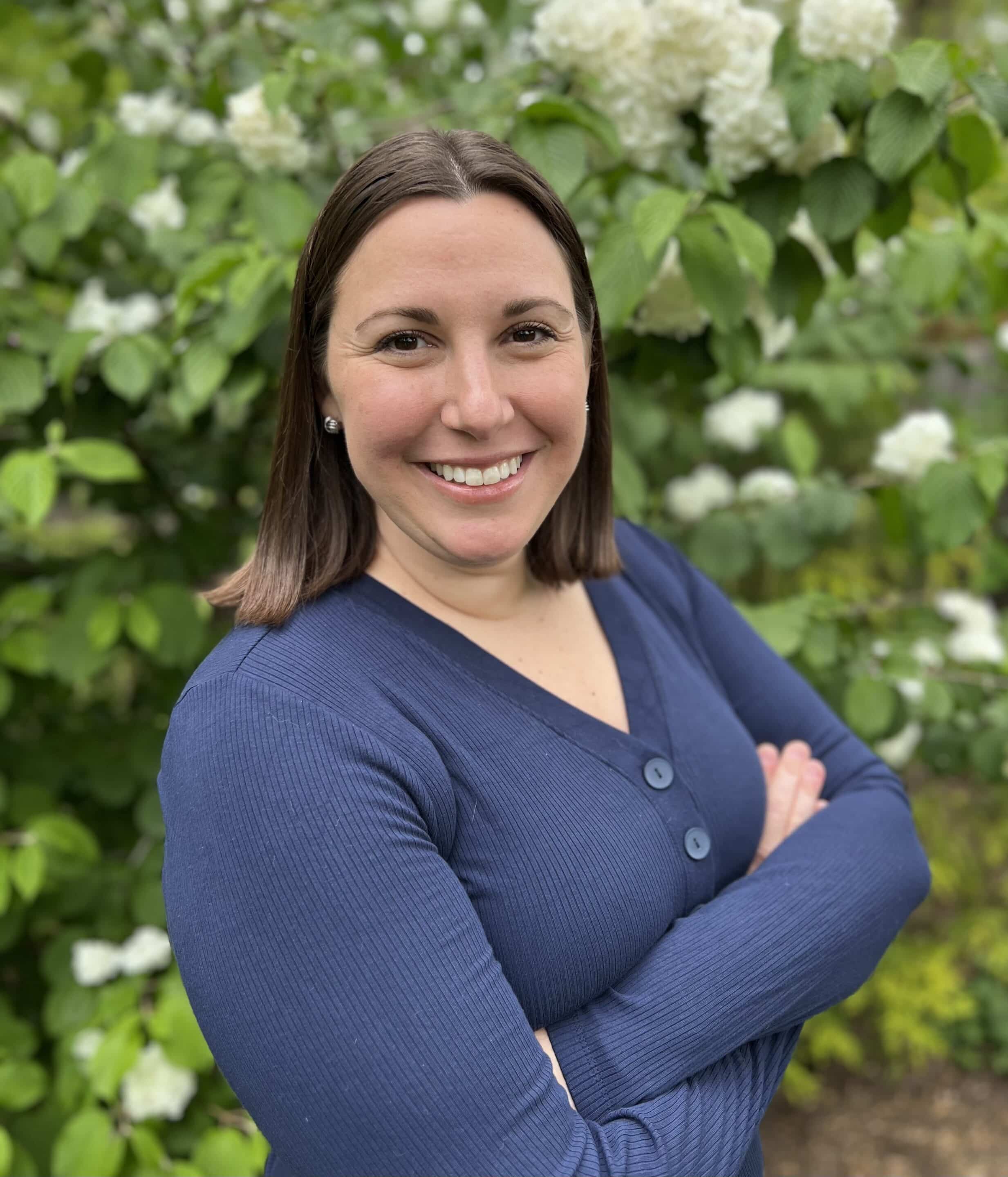Instructional Coaching in Bilingual Schools in Guatemala: A Comparative Case Study
Ariel Borns
About the research
Award
NAEd/Spencer Dissertation Fellowship
Award Year
2024
Institution
University of Wisconsin-Madison
Primary Discipline
Educational Policy
Coaching is heralded as solving a host of issues, including weak leadership and ineffective literacy instruction. Despite the popularity of coaching reforms for improving teachers’ classroom practices and student reading achievement in the U.S. and in low- and middle-income countries, resources and systems to support such organizational improvements are often lacking, even after successful pilot programs. Through a 14-month ethnographic comparative case study (Bartlett & Vavrus, 2017), my dissertation examines Guatemala’s national coaching reform, which aims to achieve educational and ethnolinguistic equity through decentralized efforts to support high-quality instruction as well as linguistically and culturally relevant education for Indigenous populations, who comprise over 50% of the national population. I draw on over 600 hours of observations at public primary schools in Indigenous communities and staff professional development, document analysis, and over 50 interviews with educators and key-informants involved in Guatemala’s coaching system to examine how Indigenous peoples embedded within the state as educational leaders understand, negotiate, and challenge international- and state-driven narratives around language, literacy, quality, and equity. Findings from my research reveal the ways the coaching model sought to improve instruction across three interrelated components of the education system – systemic change, pedagogical improvement, and ethnolinguistic inequality. The findings of this study have the potential to inform efforts to leverage coaching to achieve ethnolinguistic and educational equity in diverse contexts around the globe.
About Ariel Borns

Ariel Borns is a Ph.D. candidate in the Department of Educational Policy Studies at the University of Wisconsin-Madison. Drawing on the interdisciplinary field of comparative and international education and anthropological perspectives in education, Ariel is interested in the ways in which global education policies, such as instructional coaching, are understood and implemented locally by educators. Ariel’s dissertation research explores the interplay of equity-oriented educational reforms around language and literacy in schools serving multilingual students in Indigenous communities in Guatemala. She has conducted qualitative research on projects affiliated with the Wisconsin Center for Education Research, including one that has examined how literacy coaches adapt to a school district’s K-5 literacy reforms. In other work, Ariel has examined migrant and refugee youth’s experiences of belonging and activism in a community-based organization as they contend with the intersecting challenges of racialized immigration and education policies in the U.S. Her research has been supported by Foreign Language and Area Studies fellowships, a Fulbright-Hays Doctoral Dissertation Abroad Fellowship, and the Arvil S. Barr Graduate Fellowship from the School of Education at the University of Wisconsin-Madison. She holds a M.A. in Educational Policy Studies from University of Wisconsin-Madison, a M.A. in Teaching from Clark University, and a B.A. in International Development and Social Change and Spanish from Clark University. Prior to her doctoral studies, Ariel was a public school teacher in the U.S.
